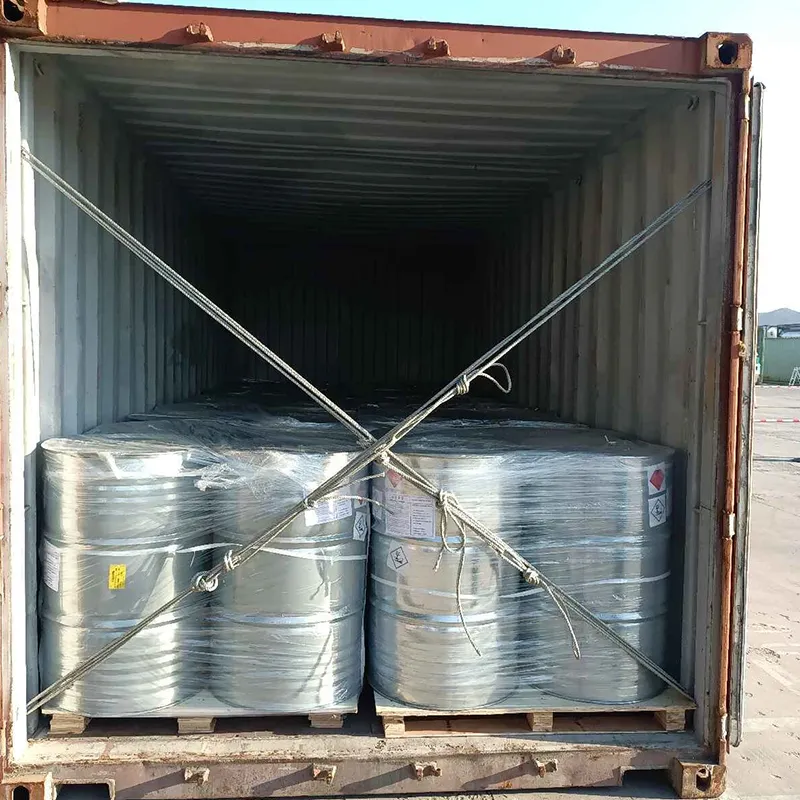
Food Additives in China
Food Additives in China An Overview
Food additives play a significant role in the modern food industry, enhancing flavors, preserving freshness, and improving the texture of many products. In China, a country noted for its vast culinary heritage and rapid industrial growth, the use of food additives has become increasingly prevalent. This article explores the types, regulations, and public perceptions of food additives in China.
Food Additives in China An Overview
The regulatory framework governing food additives in China is primarily overseen by the National Health Commission (NHC) and the State Administration for Market Regulation (SAMR). The Chinese Food Safety Law, implemented in 2015, establishes clear guidelines for the approval and use of food additives. The law aims to protect consumer health and ensure food safety. It mandates that only approved additives be used in food products, which must comply with the permitted maximum limits. As of now, China has around 2,000 approved food additives, with strict standards on their usage.
food additives in china

Despite the regulations, public trust in food safety is often challenged. Several food safety scandals over the years, including those related to food additives, have raised concern among consumers. The infamous melamine scandal in 2008, where industrial chemicals were found in infant formula, is a stark reminder of the potential dangers linked to food safety violations. As a result, the Chinese government has intensified efforts to enhance food safety oversight, but there remains skepticism among the general public about the safety of food products, especially those containing additives.
The perception of food additives in China is complex. Many consumers are becoming more health-conscious and are wary of artificial ingredients, leading to a growing demand for “clean label” products—those free from artificial additives and preservatives. This shift is influencing manufacturers to reformulate their products, using natural alternatives instead. However, additives like MSG (monosodium glutamate) and artificial colors remain popular in traditional Chinese cooking, highlighting a cultural dichotomy between modern health trends and longstanding culinary practices.
Furthermore, the globalization of food supply chains has introduced new challenges and opportunities regarding food additives in China. As international companies enter the market, they bring different food safety standards and practices, which can lead to both enhanced quality and concerns over safety. The Chinese government must balance these factors to ensure that consumer health is prioritized while fostering an environment conducive to innovation and globalization.
In conclusion, food additives are an integral part of the food industry in China, serving various functions that help meet the demands of a large and diverse population. While regulations are in place to ensure safety and quality, ongoing public concern and demand for transparency will continue to shape the landscape of food additives in the foreseeable future. As consumers become increasingly informed and health-conscious, the industry must adapt to meet these evolving preferences while maintaining strict safety standards.
-
nitrile-rubber-honoring-strict-production-standardsNewsAug.22,2025
-
aspartame-ingredients-honoring-food-safety-valuesNewsAug.22,2025
-
fertilizer-for-balanced-plant-nutritionNewsAug.22,2025
-
cyanide-gold-processing-with-high-purity-additivesNewsAug.22,2025
-
formic-acid-in-textile-dyeing-applicationsNewsAug.22,2025
-
aluminum-hydroxide-gel-in-skincare-productsNewsAug.22,2025
-
Regulatory Compliance for Global Mining Chemicals UseNewsAug.12,2025
Hebei Tenger Chemical Technology Co., Ltd. focuses on the chemical industry and is committed to the export service of chemical raw materials.
-

view more DiethanolisopropanolamineIn the ever-growing field of chemical solutions, diethanolisopropanolamine (DEIPA) stands out as a versatile and important compound. Due to its unique chemical structure and properties, DEIPA is of interest to various industries including construction, personal care, and agriculture. -

view more TriisopropanolamineTriisopropanolamine (TIPA) alkanol amine substance, is a kind of alcohol amine compound with amino and alcohol hydroxyl, and because of its molecules contains both amino and hydroxyl. -

view more Tetramethyl Thiuram DisulfideTetramethyl thiuram disulfide, also known as TMTD, is a white to light-yellow powder with a distinct sulfur-like odor. It is soluble in organic solvents such as benzene, acetone, and ethyl acetate, making it highly versatile for use in different formulations. TMTD is known for its excellent vulcanization acceleration properties, which makes it a key ingredient in the production of rubber products. Additionally, it acts as an effective fungicide and bactericide, making it valuable in agricultural applications. Its high purity and stability ensure consistent performance, making it a preferred choice for manufacturers across various industries.





